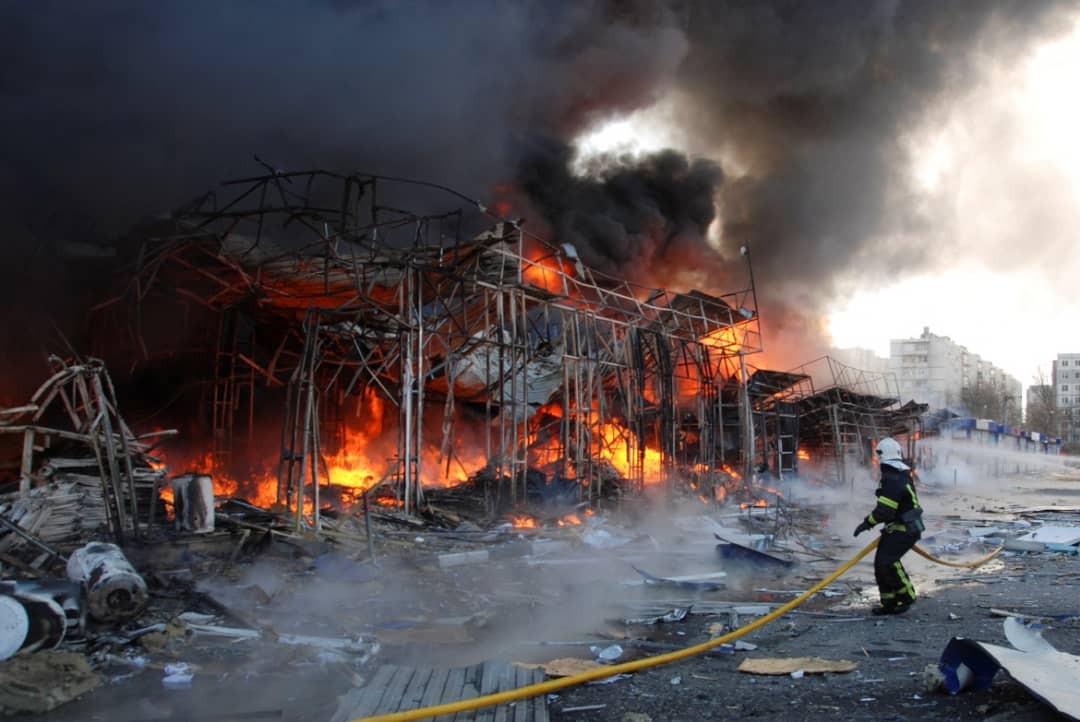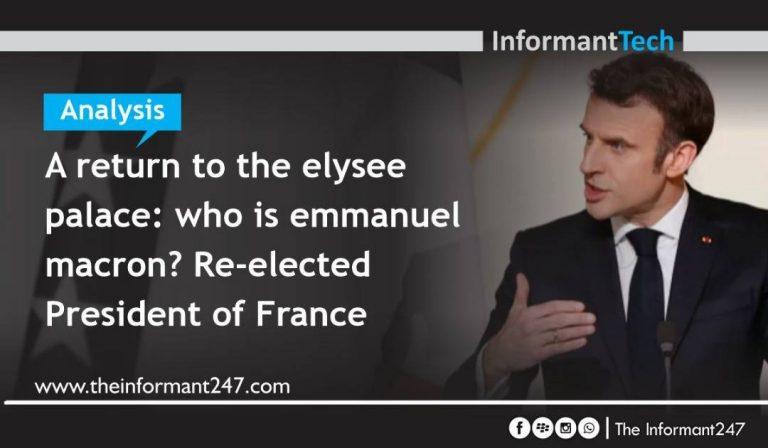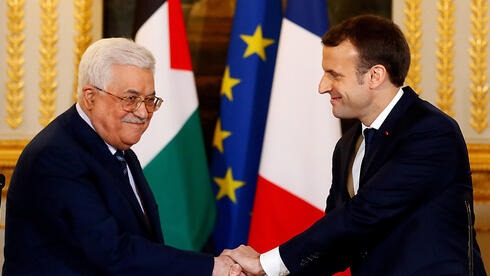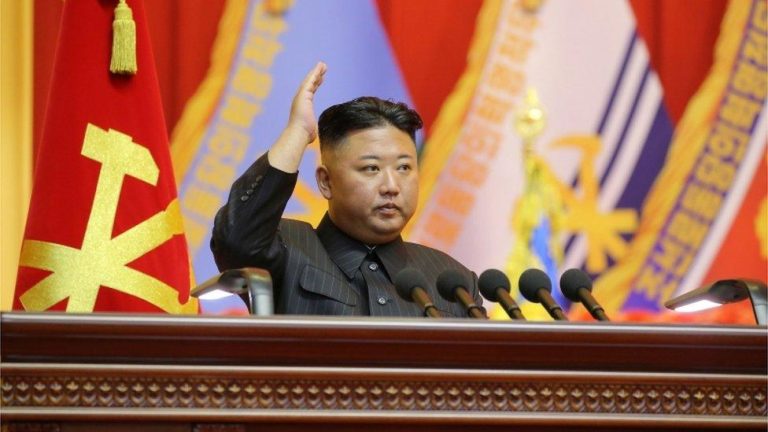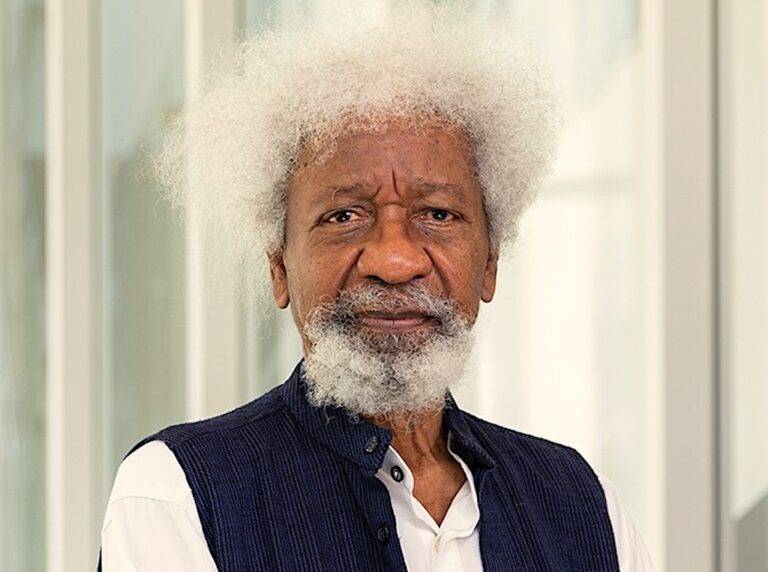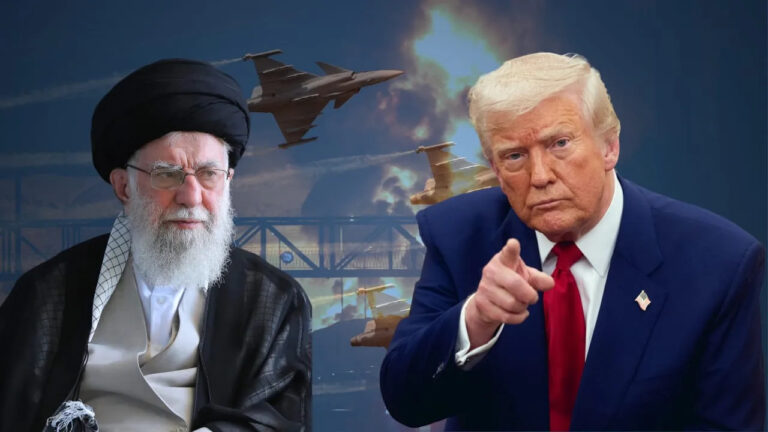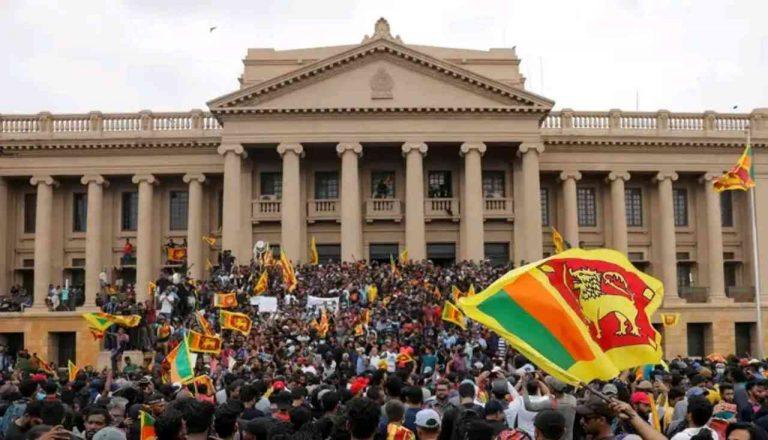ANALYSIS | Russia’s war in Ukraine: Could it come to end in 2023?
World economies had it rough in 2022. February 24 will mark one year since Russia rolled in troops into Ukraine in what is dubbed a ‘special military operation’. One year on, the conflict continues to squeeze global economies and reshape international politics.
In a conflict now complex and protracted, the question remains: what form could a peace deal take, and how might it be achieved?
Both Russia and Ukraine appear to have fought each other to a standstill. Economic ruin is the common theme on both sides. The threat of a nuclear disaster persists.
The Munich Security Conference (MSC) – an annual international conference on defence, held in the German state of Bavaria (February 17 – 19, 2023), did less to chart a path for peace. It further places Moscow and Kyiv on a collision course.
Behind-the-scenes
President Erdogan and the leadership of Turkiye have been at the forefront of mediating a peace deal between both sides. The administration aims to pursue balanced relations and set the table for discussions.
The historic Black Sea Grain Initiative and prisoner swap deal mediated are pointers to the ‘special’ role of Turkiye. But while it champions conflict resolution on one hand, its sales of arms to Ukraine call its special role into question. Behind the scenes, the business of war turns in notable profits.
So far, Turkiye has positioned itself as an exporter of weapons and has reaped the windfall. Such a ploy undermines its credibility as an impartial broker of a lasting peace settlement in Europe.
Presently, the state finds itself in the throes of an earthquake – the deadliest in modern times, with an estimated death toll of over 40,000.
President Erdogan is beset with an internal crisis. The economic cost of the disaster runs into tens of millions of dollars. His administration sits on the precipice, which could run down his political aspirations. In consequence, the Turkish mediation for peace in Europe is likely to decline, as the Russia-Ukraine war approaches a new and unpredictable phase.
Uneasy settlement
It is important to note that several peace formulas have been drawn up to end the conflict. The most controversial presents itself in the 10-point peace – a brainchild of the Ukrainian President. This plan, among many other things, proposes the release of all war prisoners and deported persons, as well as the establishment of a special tribunal to prosecute war crimes.
Under this formula, Moscow would have to withdraw all its troops from Ukraine and relinquish control over all Russian-held Ukrainian territories, including Crimea, a peninsula annexed by Russia in 2014. These demands remain deeply contentious, further raising the stakes in the conflict.
If a political settlement were to hinge on the 10-point peace formula, it would put Moscow in a precarious position, one the Russian leadership is unlikely to ever accept. The gravest fear, of course, is that this could drive the Kremlin to consider nuclear weapons as a last resort.
Is the Russian President prepared for nuclear combat?
The Russian leadership has vowed to use all means at its disposal to defend its territorial holdings if threatened. The nuclear option is on the table.
If Putin decides to press the nuclear button, it could lead to a rapid escalation and reorient the course of the war, potentially engulfing the world in flames.
Post-war reconstruction
For Ukraine, the cost of reconstruction will be enormous, whether the war ends now or in the near future. Russia’s offensive has laid waste to several cities and uprooted millions. Estimates of how much it will cost to rebuild Kyiv come in varying figures.
In a report released August 2022, the World Bank, in concert with the European Commission and Kyiv, put aggregate losses at more than $252 billion and projected reconstruction needs at $348.5 billion.
That figure has almost certainly risen sharply since. But, the question remains: will Moscow be made to foot the bills or turn in reparations? It’s quite difficult to predict.
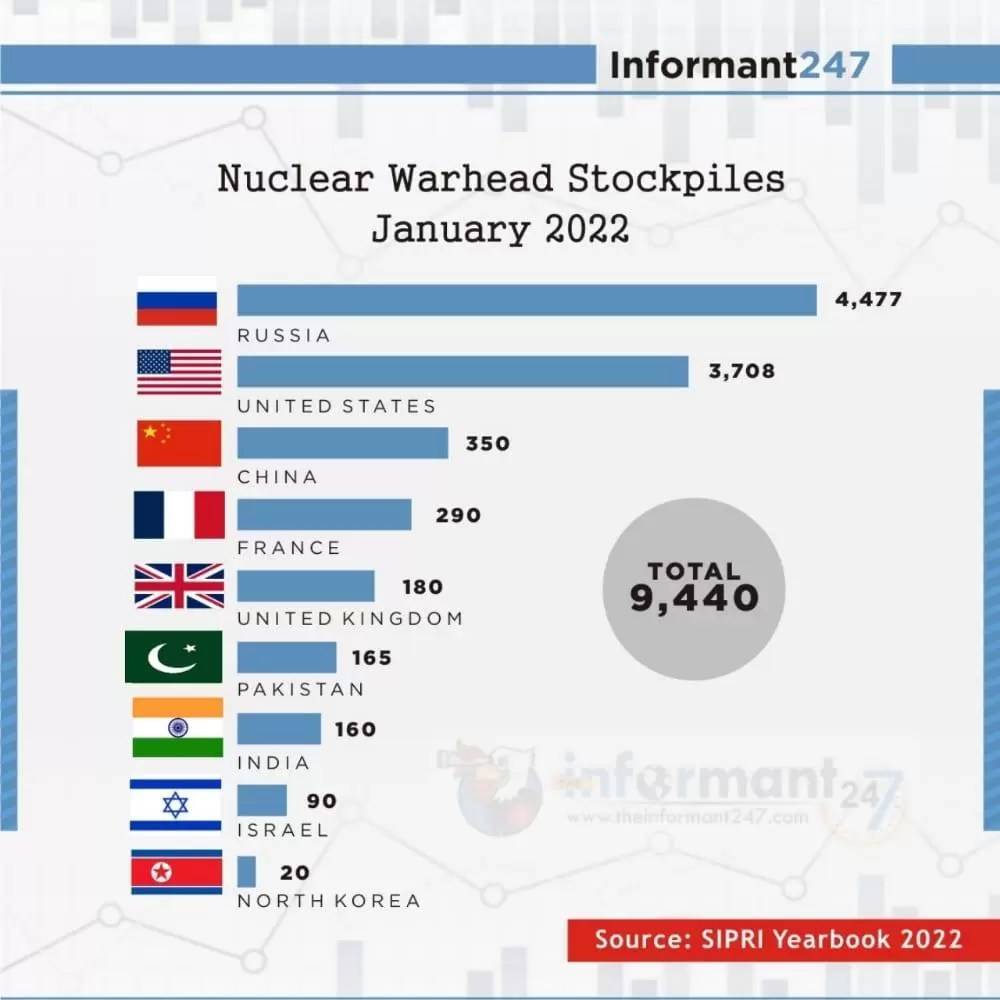
Power politics
Relations between the West and Russia are at their lowest point in decades. NATO members, under US leadership, remain resolute in expanding financial and military support to Ukraine, seeing it as the swiftest path to peace. For the West, a Ukrainian defeat would be a defeat for freedom itself and the values it upholds.
Kyiv, for its part, is determined to fight until every Russian soldier leaves its territory, confident of eventual victory. Moscow, meanwhile, is equally committed to achieving its war aims. For President Putin, defeat would mean not only personal humiliation but also a blow to the political foundations of the Russian Federation.
Both sides are entrenched in the pursuit of absolute victory, leaving little room for compromise. For now, peace remains a distant prospect

